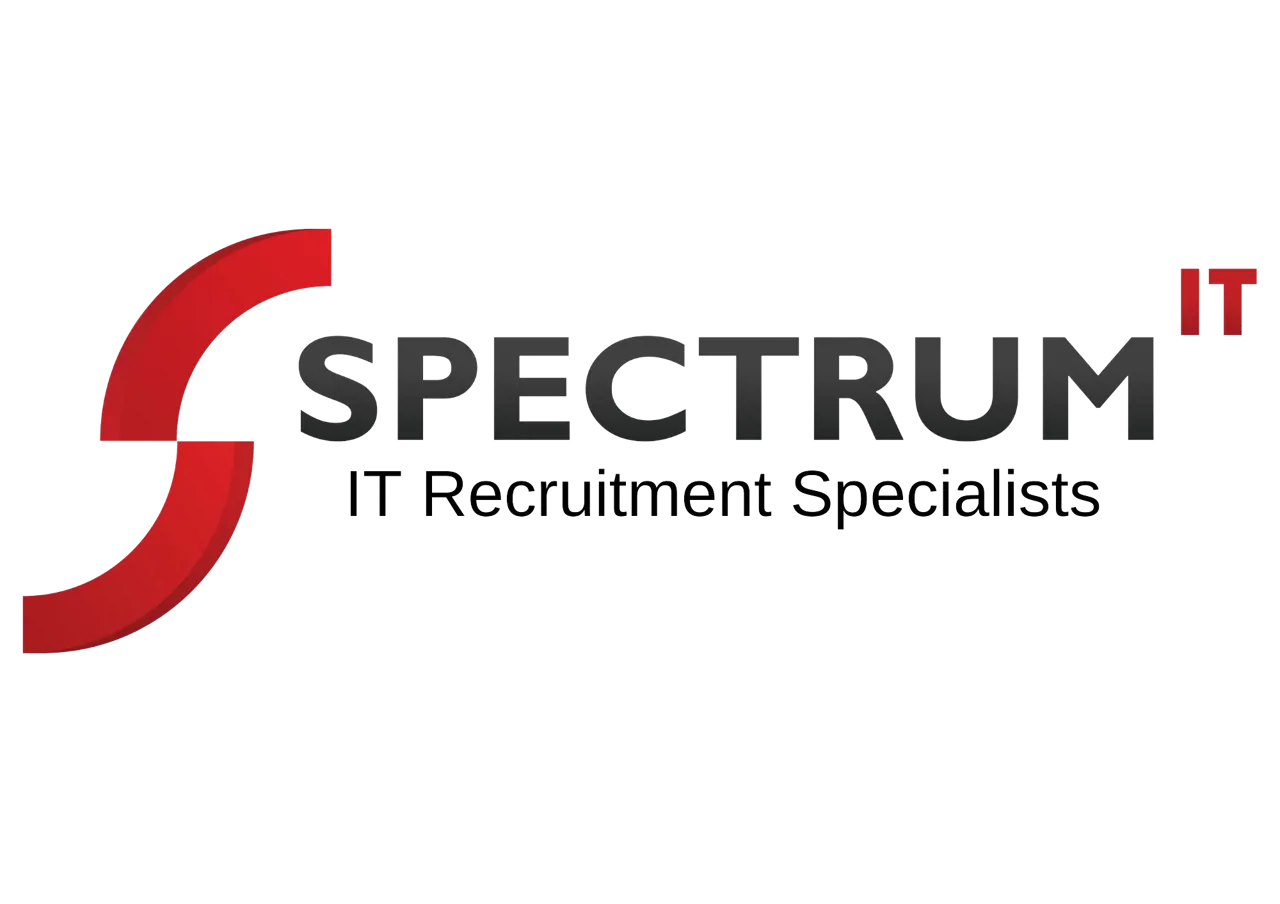
How Tech Professionals Stay Relevant
12 May, 20258 minutes
The tech industry moves fast; job roles that didn’t exist even a few years ago are emerging at rapid pace. Whether you’re looking to enter the IT industry or to make the next step in your career, it’s important to stay ahead of the curve.
As businesses strive to maintain a competitive edge, there’s huge demand for new skills and expertise to fuel advancing technological solutions, frameworks and services. For those working within the IT industry, understanding these changes and adapting to them is essential for long-term success.
Why Staying Relevant Matters More Than Ever
The UK tech industry has seen a recent surge in job vacancies, especially in AI, cybersecurity and Cloud technologies, to meet demand. Technology is advancing so rapidly that new systems are being introduced incredibly fast, while existing technologies can become obsolete more quickly than ever before. Add into that a growing worry around cyber threat, especially in the wake of high-profile security breaches, and exponential data growth requiring infinitely scalable solutions, and it’s clear to see why companies are investing in new talent to grow their IT capabilities. It makes for a highly competitive jobs market for tech professionals with the right skillsets.
However, it’s impossible to keep up with every single change in the tech industry; you don’t always have to stay on the cutting edge, but keeping your skills current and developing in a way that’s applicable and appropriate will give you a competitive advantage when you’re looking for your next role.

Strategies for Staying Current
If you’re looking to thrive in the modern and dynamic IT industry, the key lies in continuous learning and upskilling. Outdated skills, and a lack of willingness to evolve, can hinder progression, even for the most experienced professionals. Employers value talent who can adapt and learn, keeping one finger on the pulse and knowing which technological advances could be an asset to business operations.
Engage in activities that encourage continuous personal growth, for example:
- Follow Trends – Keep up to date through trusted online sources, identifying those that are applicable to your line of work and future career growth.
- Explore Vacancies – Monitor job boards and LinkedIn, even when not actively seeking a new role, as a good way to spot which skills and technologies are most in demand.
- Develop New Skills – Based on your research and vacancy trends, source books, platforms and online courses that will deepen your knowledge or introduce you to new skills and systems.
- Project Work – Engage in challenging projects through your current role, such as research and development opportunities, to grow your skills and knowledge. If there are no relevant outlets to practise in your workplace, develop personal projects to test what you’ve learned, or join coding or tech challenges to stay sharp.
Building a personal portfolio is another effective strategy, showcasing your work on platforms like GitHub. This gives a visible profile to attest to your skills and learning. Also consider participating in local community and user groups to keep up to date with industry trends and to network with peers – see the groups we sponsor.
Similarly, attending events, webinars and ‘Lunch & Learn’ sessions can enhance your visibility and credibility in the industry. Mentorship, both giving and receiving, can provide valuable insights and support – don’t be afraid to reach out to industry professionals for guidance or join online mentoring forums or programmes.

Women in Tech Hampshire - May 2025
Adapt Your Approach for Remote and Hybrid Environments
The shift to remote and hybrid work models adds another challenge, especially when it comes to keeping skills fresh. In-office work can encourage skill sharing and knowledge transfer among team members.
As an IT professional, you must adapt to different working environments by developing strong communication skills with your colleagues and managers for effective collaboration. Skills workshops can be useful for developing deeper understanding on joint projects too.
Embrace Change for Career Growth
Ultimately, the onus is on you to take charge of your own personal growth and ongoing learning, which could be achieved through creating structured personal development plans (PDPs).
For a strong and effective PDP, you need to:
- Assess your current skills and abilities
- Set goals for your personal growth
- Develop strategies and gather resources to meet those goals within a determined time frame
- Review your progress within that time frame and re-define your goals to suit
Embracing change is essential for your career growth, especially in the fast-paced world of tech. By staying informed, continuously learning and adapting to new work models and systems, you can remain valuable assets to your employers, while preparing yourself for the next move in your career timeline.

Plan Your Next Career Step with Spectrum IT Recruitment
Stay ahead with our industry tips, connect with like-minded individuals at our local events, and get tailored advice on emerging skills and roles from our team of recruitment specialists.
Support for candidates | New job opportunities




